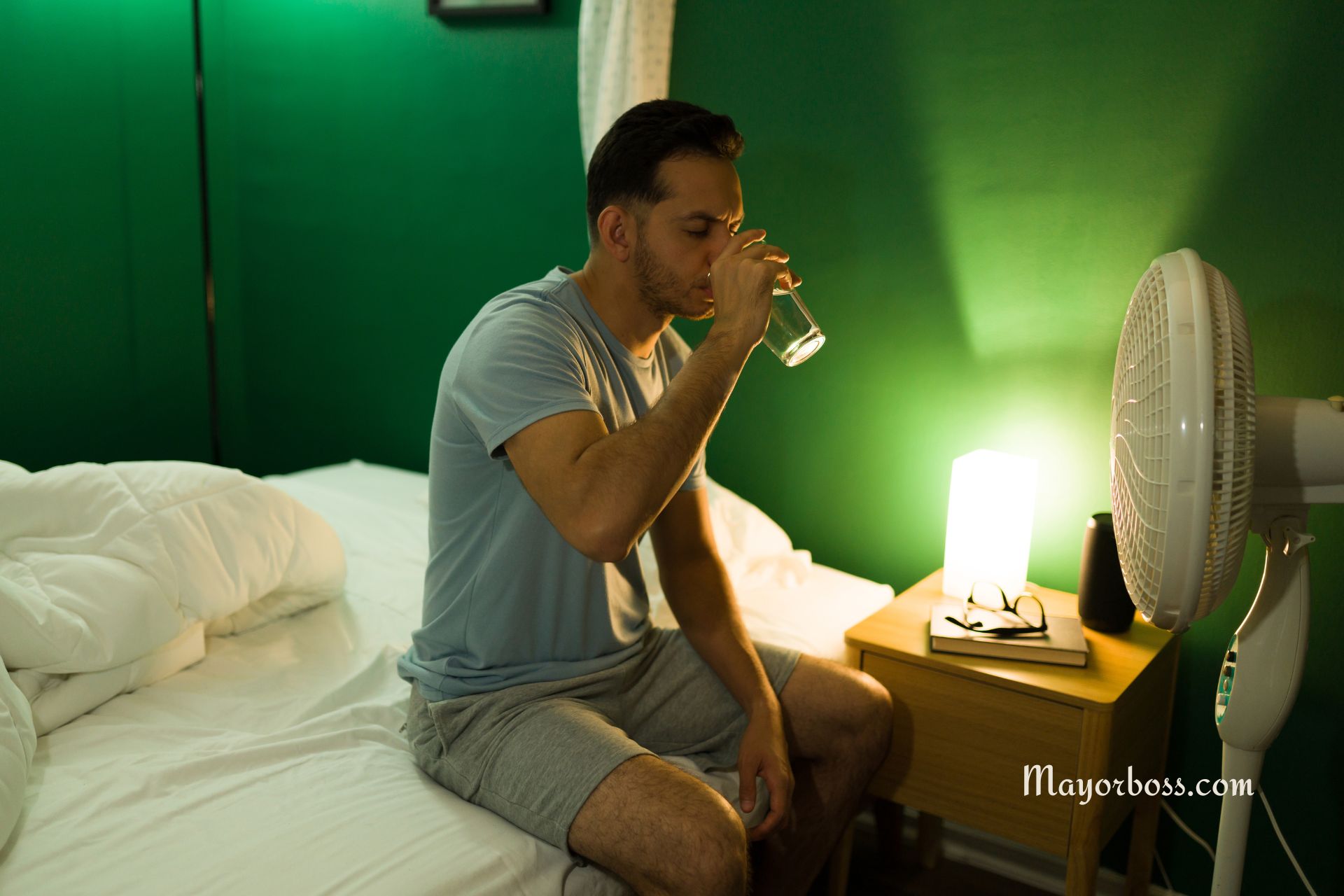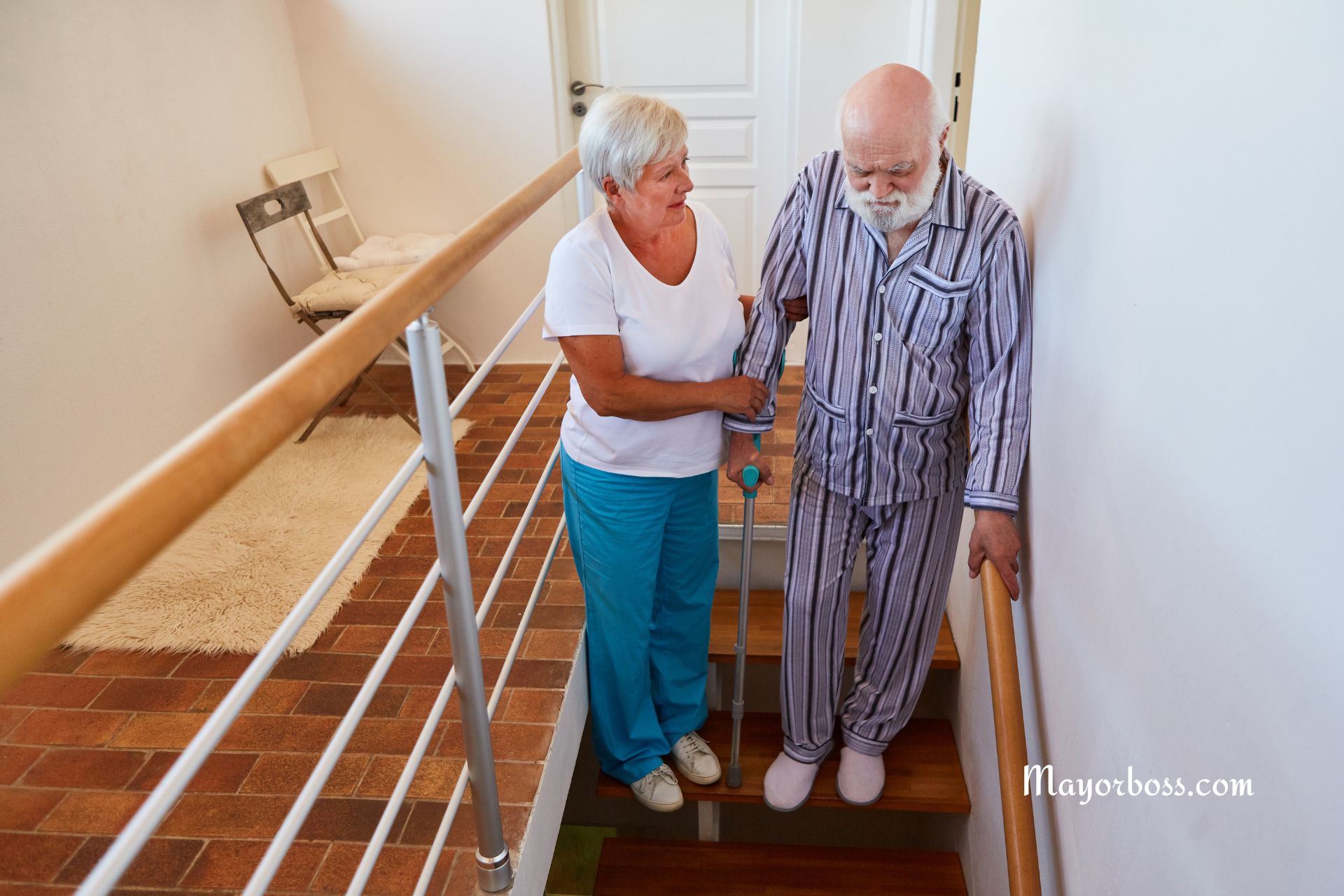Always Waking Up With A Dry Throat At Night? Here’s Why
Waking up with a dry throat at night can be an unpleasant and sometimes alarming experience. If you find yourself frequently experiencing this discomfort, you’re probably wondering why it’s happening and what you can do about it. In this article, we’ll look into the causes of waking up with a dry throat at night and explore various ways to alleviate and prevent this condition. Remember, while some reasons are minor and easily managed, others may require a consultation with a healthcare professional.

What Causes Dry Throat at Night?
Several factors can contribute to your throat feeling dry when you wake up in the middle of the night or in the morning. Here are some of the most common causes:
- Low Humidity: Dry air, especially in winter or in air-conditioned rooms, can lead to moisture being drawn out from your throat and nasal passages.
- Mouth Breathing: Breathing through your mouth while you sleep can dry out your throat. This might be due to nasal congestion or sleep apnea.
- Dehydration: Not drinking enough water during the day can lead to dehydration, making your throat feel parched.
- Allergies: Allergic reactions to dust, pollen, pet dander, or mold can cause nasal congestion and throat irritation.
- Medications: Certain medications, including antihistamines and decongestants, can have a drying effect on the throat and nasal passages.
- Medical Conditions: Conditions such as gastroesophageal reflux disease (GERD), sinusitis, and diabetes can cause or exacerbate throat dryness.
How to Alleviate a Dry Throat at Night
To combat a dry throat and improve your sleep quality, consider the following tips:
- Humidify Your Room: Using a humidifier adds moisture to the air, which can help prevent your throat from drying out.
- Stay Hydrated: Ensure you’re drinking enough water throughout the day. Keeping a glass of water by your bed can also be helpful if you wake up feeling parched.
- Nasal Decongestants: If nasal congestion is causing you to breathe through your mouth, a nasal decongestant or saline spray might be beneficial.
- Allergy Management: Managing allergies with antihistamines or allergy shots can reduce congestion and irritation in your throat.
- Sleep Position: Sleeping on your side can help reduce the likelihood of mouth breathing. Consider using a body or side pillow for support.
- Limit Alcohol and Caffeine: Both can dehydrate you and exacerbate dry throat symptoms, especially when consumed in the evening.
Preventing Dry Throat at Night
Prevention is often the best cure. Here are some strategies to help prevent waking up with a dry throat:
- Maintain a Healthy Diet: Avoid spicy and acidic foods that can irritate the throat and exacerbate conditions like GERD.
- Practice Good Sleep Hygiene: Establish a consistent bedtime routine and ensure your bedroom is conducive to sleep.
- Regularly Clean Your Sleeping Environment: Dust and vacuum regularly to reduce allergens in your bedroom.
- Consult with a Healthcare Professional: If you suspect a medical condition is causing your symptoms, seek professional advice for a tailored treatment plan.
Frequently Asked Questions
Why does my throat feel dry even when I drink water before bed?
While drinking water before bed can help, if the air in your bedroom is very dry or if you breathe through your mouth due to congestion or sleep apnea, you might still wake up with a dry throat. Consider addressing the root cause for more effective relief.
Can a humidifier help with a dry throat at night?
Yes, a humidifier adds moisture to the air, which can prevent your throat from drying out. It’s particularly useful in dry climates or during winter when indoor heating can make the air in your home very dry.
How can I tell if my dry throat is due to dehydration?
If you’re experiencing signs of dehydration, such as dry mouth, fatigue, dark urine, and decreased urine output, increasing your water intake might resolve your dry throat. If symptoms persist despite adequate hydration, consider other causes or seek medical advice.
Should I see a doctor for a dry throat at night?
If your dry throat is persistent, worsens, or is accompanied by other symptoms like snoring, daytime fatigue, or frequent awakenings, it’s a good idea to consult a doctor. These could be signs of sleep apnea or another condition that requires medical attention.






